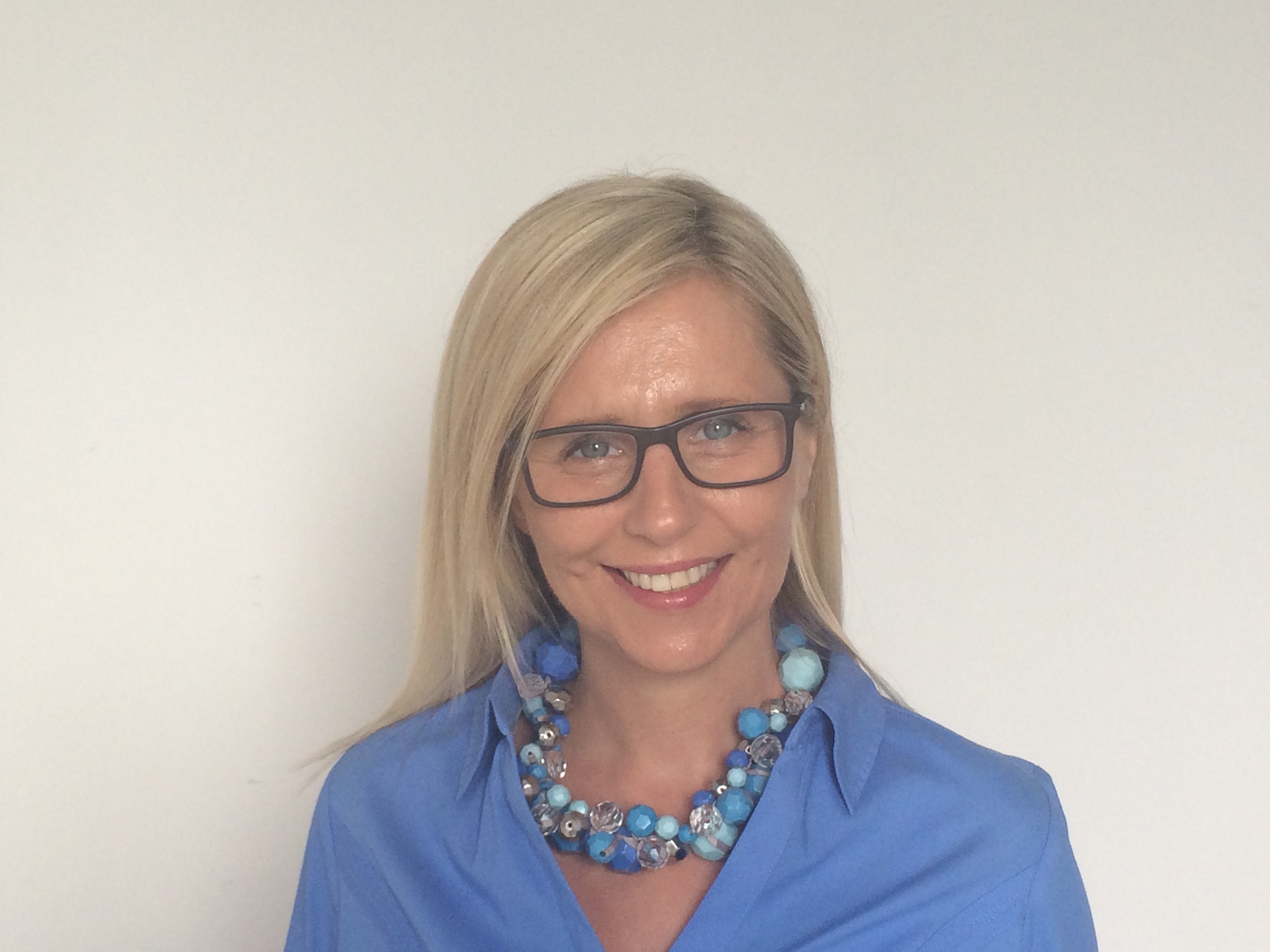I think we all saw the devastating footage of the collapse of Baltimore’s Francis Scott Key Bridge, when a container ship (Dali) hit the bridge. The knock-on effect for trade has been shipping and trucking diversions around one of the busiest ports on America’s East Coast, the Port of Baltimore.
1.3 million trucks cross the bridge each year, and detours add roughly 30 miles, mainly as trucks are prohibited from using the city’s tunnels. Due to this detour, we are expecting an increase in fuel costs.
Baltimore isn’t a major port for container vessels. It specialises in RORO cargo, which is vehicles and heavy machinery as opposed to containers, and the majority of this is exports, rather than imports. Experts say the commercial effects of the bridge collapse could most directly affect shipments of automobiles.
On top of this, shipping traffic from Asia is in a lull following China’s Lunar New Year holiday, so the situation for ocean freight could be much worse on the face of it.
But just to add some complexity, MSC, the largest ocean carrier in the world, joined the list of ocean carriers informing its customers that it would terminate their container contracts once the cargo is delivered to a diversion port, leaving shippers responsible for moving goods promptly, otherwise, they will face delay charges.
Maersk is the only major carrier to say it will provide transport from diverted ports for customers. Maersk was the charter of the Dali that hit the bridge.

If you are impacted by the closure of the Baltimore Port, please reach out to WTA’s Customer Service Team. Our US Team have a close relationship with the port, and even if we weren’t coordinating your shipping originally, but face issues our platform can track your shipment and help you get it collected at its new destination. You need to get your container out of port as fast as possible to avoid detention and demurrage fees. As there is no indication at present that these fees will be waived or extension of free time.
Similarly, if you are part of the automobile industry and need to map the potential impact on your supply chain, please reach out to our Consultancy Team who can help analyse data and tension points to help make predictions on the impact, so you can make more informed decisions.





